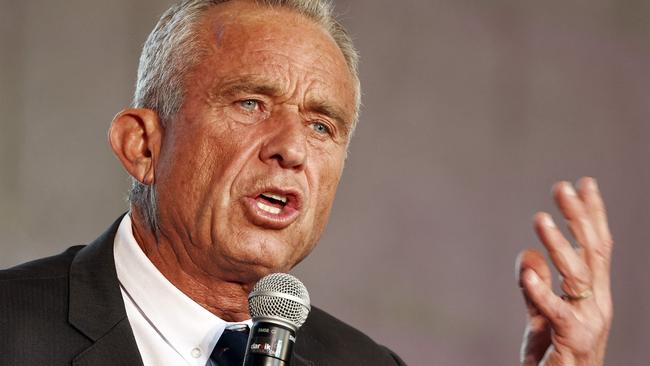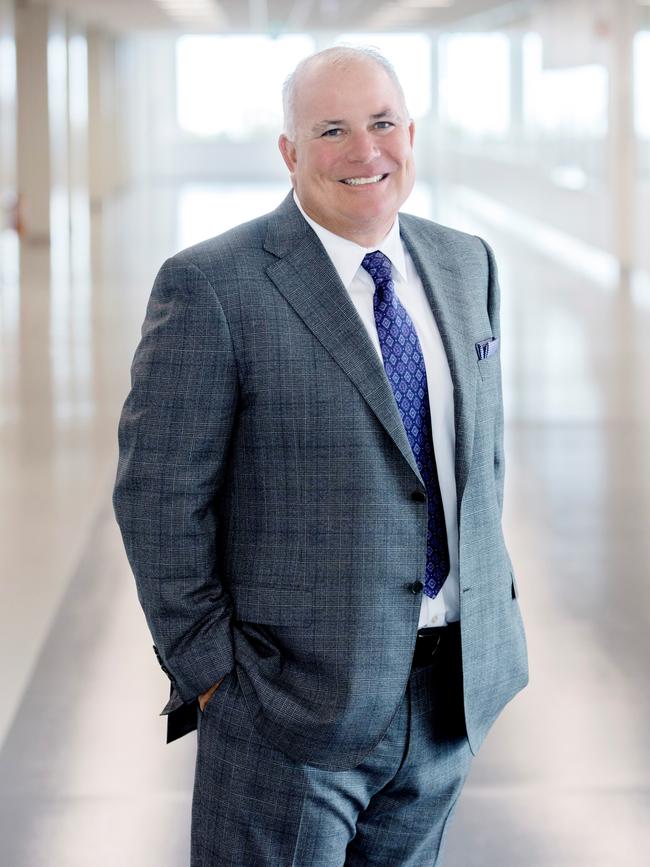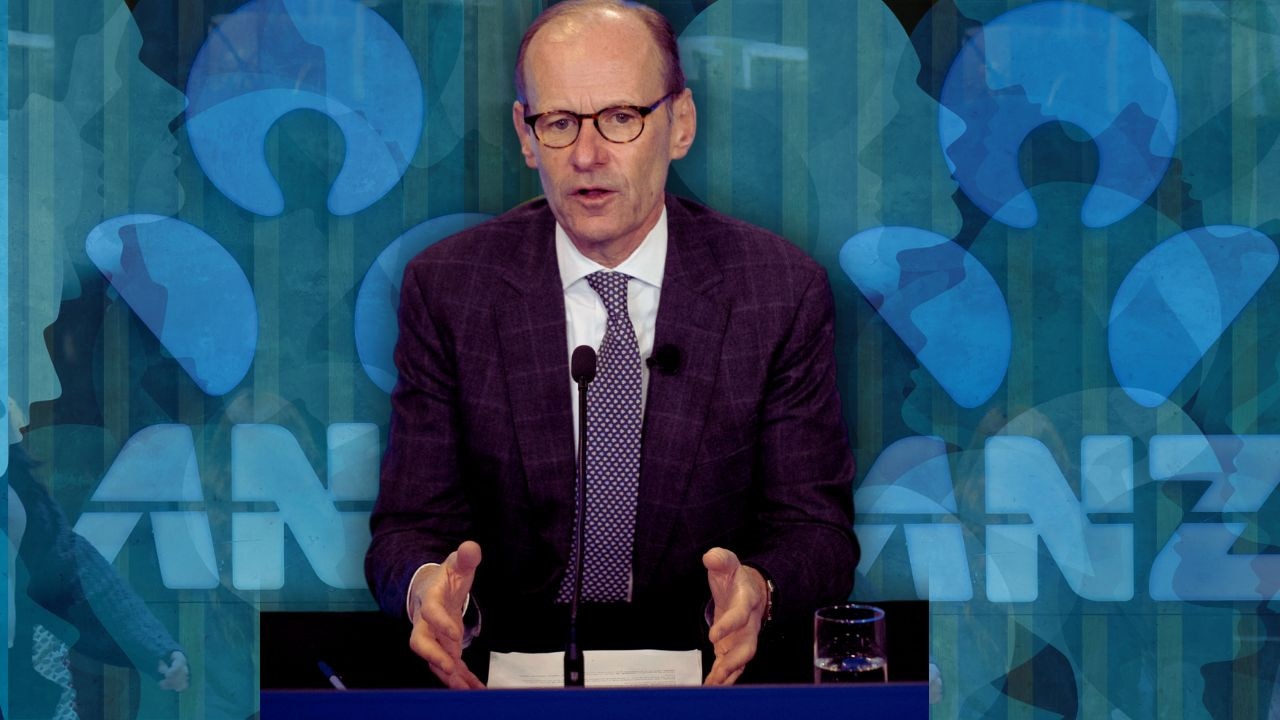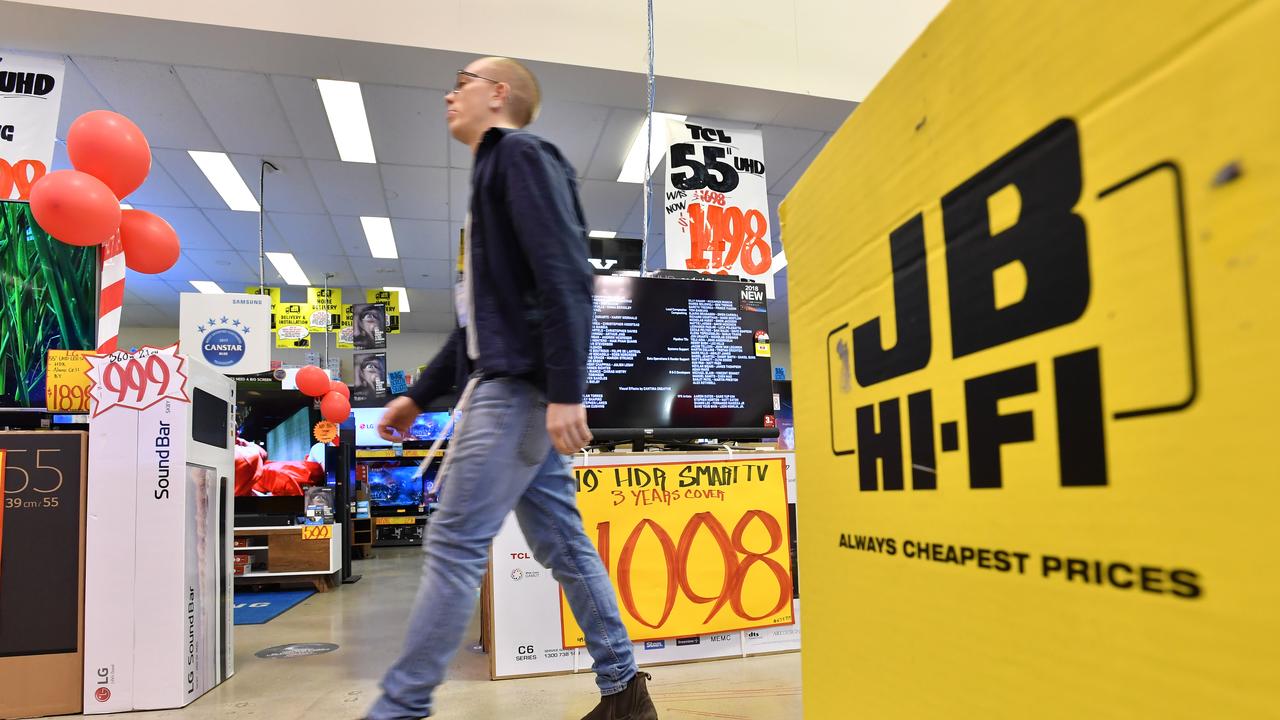CSL revenues take a hit as US citizens turn away from vaccination
Vaccine aversion in the US has put a hole in CSL revenues in the first half, with the company saying the flu season is shaping up to be the worst in 15 to 20 years.

CSL’s vaccine division is suffering as Americans turn away from flu vaccinations, with a “very severe” influenza season driving at least 24 million infections so far.
But ironically, the company has benefited from winning tenders to counter the impact of the avian flu pandemic which has swept the globe, with most of that revenue to be recognised in the second half.
CSL managing director Paul McKenzie said this showed the value of the company’s technology platform, and he was hopeful that the more severe flu season and increased recognition of the value of vaccination in light of the recent statistics would drive higher take up going forward.
Dr McKenzie said he was not concerned about the potential ascension of anti-vaccination campaigner Robert F Kennedy Junior to the position of US Health and Human Services Secretary, saying the company had long experience working with various governments around the world.
On the US influenza rates, Dr McKenzie said it had been a “very severe” season for infections.

“It’s going to turn out to be one of the worst flu seasons in the last 15-20 years,’’ he said.
“This secondary peak that’s happening now in the northern hemisphere is real.
“At some point the data and how that data gets shared is incredibly important, and I think it’s important for the industry to work with groups like the CDC (Centers for Disease Control) to get that information out.
“The reality is, flu is not going away. It continues to present challenges around the globe, and we’ll be there to help solve that public health problem and work with governments around the world.’’
Dr McKenzie said the company had won the majority of avian flu pandemic contracts globally because of its technology platform.
CSL on Tuesday reported first half revenue of $US8.48bn ($13.54bn), up 5 per cent and net profit of $US2.11bn, up 5 per cent, which was consistent with guidance, however according to RBC Capital Markets analysts missed consensus expectations.
Wilsons Advisory analyst Dr Shane Storey said the result was “compositionally wild” however, with the Behring and Vifor divisions meeting guidance while the Seqirus virus arm delivered a “whopping miss”.

The dominant Behring division, which collects blood and manufactures blood products such as immunoglobulin, increased revenue by 10 per cent to $US5.74bn.
Immunoglobulin sales were up 15 per cent to $US3.17bn, with underlying demand strong.
“Plasma collections continue to grow with the cost of collections decreasing,’’ CSL said.
“The roll out of the RIKA plasmapheresis devices in the US is well advanced and on track to complete by June 2025.’’
Seqirus revenue was 9 per cent lower at $US1.66bn, with “significantly low” immunisation rates particularly in the US, impacting the market for those products.
Sales of Fluad and Flucelvax were 17 per cent and 12 per cent lower, respectively.
CSL Vifor revenue was up 6 per cent to $US1.08bn with iron sales up 3 per cent and “strong growth” in the nehprology business.
On the outlook Dr McKenzie said the fundamentals of the business were robust and CSL was well-placed to deliver annualised double-digit earnings growth over the medium term.
“For FY25, revenue growth is anticipated to be approximately 5-7 per cent over FY24 at constant currency,’’ he said.
“CSL’s net profit for FY25 is anticipated to be in the range of approximately $US3.2bn to $US3.3bn at constant currency, representing growth over FY24 of approximately 10-13 per cent.
“Our therapies continue to be valued by patients and healthcare systems around the world, as demonstrated by the continued growth of our core immunoglobulin franchise and the solid uptake of new product launches by CSL Vifor.
“In CSL Behring we will continue to focus on improving our gross margins, which will be aided by the expected completion of the RIKA roll-out across CSL Plasma by the end of the financial year.
“While the market conditions for CSL Seqirus remain challenging, influenza will continue to be a burden to public health systems. We believe our differentiated strategy is well-placed to grow market share.’’
CSL will pay an interim dividend of $US1.30 a share on April 9, which when converted to Australian currency is about $2.08 a share, up 16 per cent.
CSL said it had secured regulatory approval for its hereditary angioedema treatment Garadacimab, in the Australia and the UK and had resubmitted its biologics licence application in the US, triggering a four to six month review period.
“Our plan was to launch Garadacimab this fiscal year and I think we’ll be able to do that across multiple global markets,’’Dr McKenzie said.
The company said it would rapidly launch the product, to be marketed as Andembry, once the necessary approvals were secured.
RBC Capital Markets analysts said the result missed market expectations across revenue and earnings measures.
“While management has retained FY25 revenue growth and net profit guidance, we expect the weaker than expected first half performance and guidance for an increase in research and development and general and administrative expenses to raise questions of how the company can achieve its full year guidance,’’ RBC said.




To join the conversation, please log in. Don't have an account? Register
Join the conversation, you are commenting as Logout